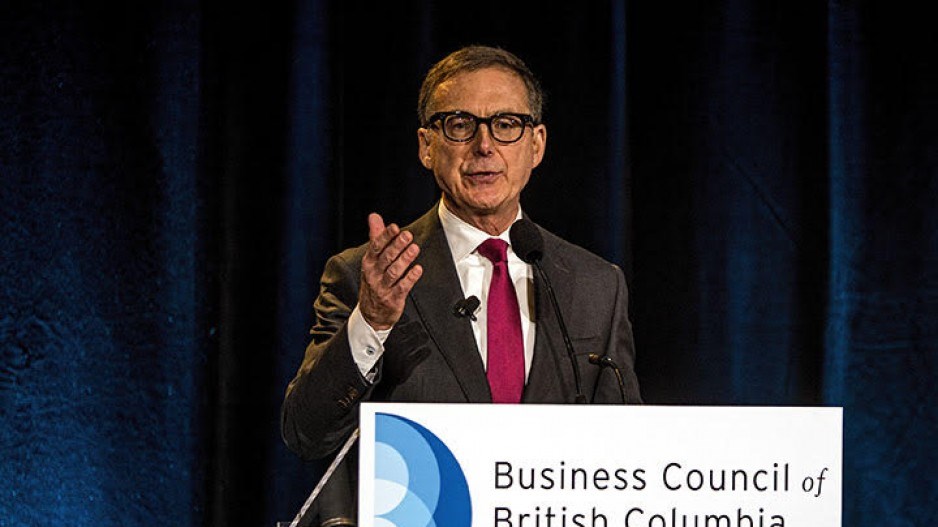The Bank of Canada held its key interest rate steady at five per cent on Wednesday, deciding against another rate hike as the economy begins to falter.
“With recent evidence that excess demand in the economy is easing, and given the lagging effects of monetary policy, governing council decided to hold the policy interest rate at five per cent,” the central bank said in a news release.
However, the Bank of Canada is keeping the door open to more rate hikes, noting that its governing council is still concerned about inflationary pressures and “is ready to raise interest rates further if needed.”
Canada’s inflation rate was 3.3 per cent in July, ticking up from 2.8 per cent in the previous month. Inflation is expected to continue oscillating around three per cent for months to come.
BMO chief economist Douglas Porter said the Bank of Canada's decision to hold its key rate was widely expected given recent weak economic data, and the focus now turns to what the central bank might do next.
"They've clearly left the door open for the possibility that they might that they might move again," Porter said.
"(But) our view is that, provided growth remains relatively calm and core inflation does continue to slowly come down, that the Bank of Canada's probably done hiking interest rates."
Statistics Canada reported last week real gross domestic product contracted in the second quarter, which convinced forecasters that another rate hike would be unlikely.
“The Canadian economy has entered a period of weaker growth, which is needed to relieve price pressures,” the central bank said.
Canada’s labour market has also lost some of its steam: the unemployment rate has been on the rise for three consecutive months.
Porter says economic growth will likely continue to stall over the next few quarters, making a recession a possibility.
"We might not fall into the the official recession definition, but it's going to be a close run for sure," Porter said.
Wednesday’s announcement comes after the Bank of Canada raised interest rates at its last two decision meetings, bringing a previous pause on rate hikes to an end.
Altogether, the central bank has raised its key interest rate ten times since March 2022, bringing it from near-zero to the highest level since 2001.
These rate hikes are expected to continue taking effect on the economy, slowing consumer demand and dampening business investment. Economists estimate it takes about one to two years for a rate hike to fully affect demand and business activity.
Bank of Canada governor Tiff Macklem is set to hold a news conference on Thursday, after delivering a speech to the Calgary Chamber of Commerce.
This report by The Canadian Press was first published Sept. 6, 2023.



